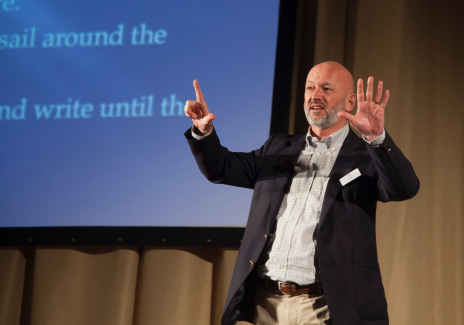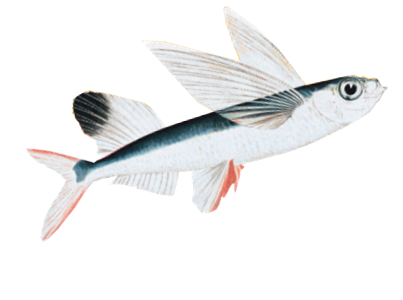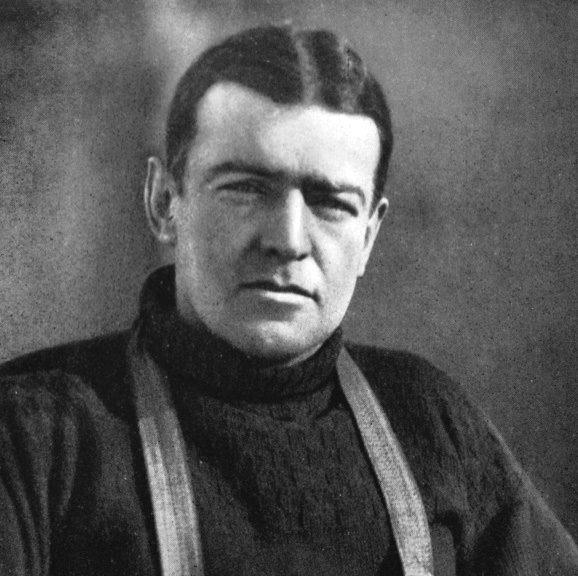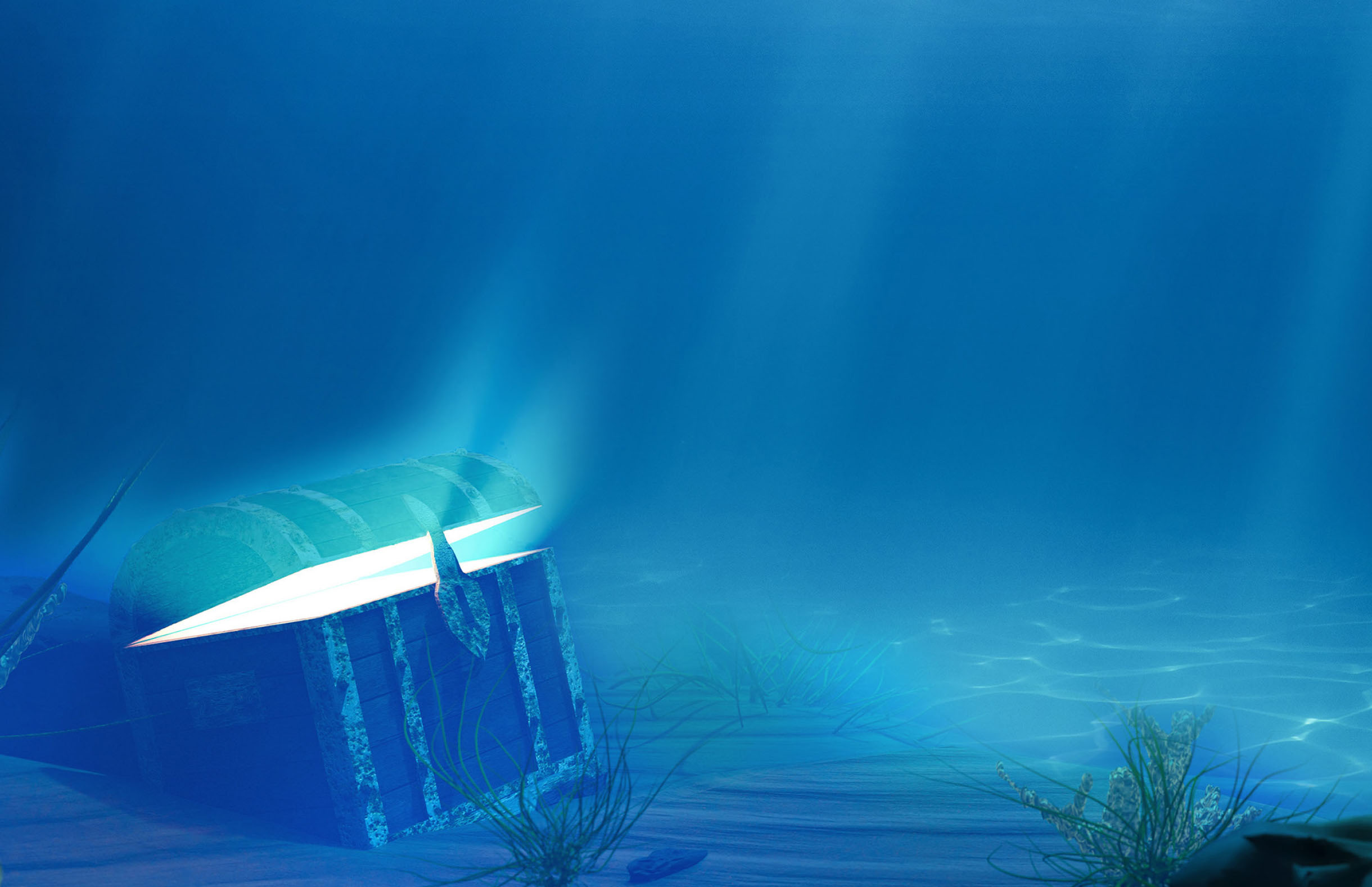
I am Gerry Hughes, a retired school teacher from Glasgow. I love sailing and am also the first Deaf yachtsman to sail solo round the world via the Five Great Capes
What was your first experience of working?
I really struggled to get a job when I left school. I applied to train as a ship’s engineer but I didn’t even get an interview. I was told that deaf people can’t become engineers.
Eventually, I went to a sixth form college in Surrey, England but it was really difficult because I had to rely on lip-reading the tutors. I came back to Glasgow and applied to Langside College to sit Highers in Mathematics, Engineering Science and Technical Drawing. By that time I knew I wanted to become a teacher.
But even though I achieved my Highers and passed the interview for teacher training college I was refused a place. I failed the medical assessment because I am deaf. It took many years of campaigning to be allowed to train to become a teacher. I am so glad that I didn’t give up because I loved my job teaching deaf pupils. It’s wonderful to see that deaf people can now train to become teachers.
It took many years of campaigning to be allowed to train to become a teacher. I am so glad that I didn’t give up because I loved my job teaching deaf pupils.
The 5 Great Capes:
1. South Cape
New Zealand
2. South East Cape
Australia
3. Cape Leeuwin
Australia
4. Cape Agulhas
South Africa
5. Cape Horn
Chile
What is your earliest memory of being on or close to the sea?
Paper round at 13 years old. Working six mornings a week while still at school. Officially, I left school at 17 to begin my apprenticeship as an electrician for Balfour Beatty, day 1 was on the building site of a psychiatric hospital in Springburn.
What is your earliest memory of being on or close to the sea
I have been sailing all my life. My father took me sailing when I was about two years old. We always had sailing books in our house. I would look at the pictures and maps and imagine myself doing the same.
Who or what first attracted you to the sea?
That’s a difficult question because I have been sailing all my life. My father was in the Royal Navy on HMS Sparrow. My Great Uncle on my dad’s side was also in the Royal Navy. He was in the Battle of Jutland and also served on HMS Hood. I think the sea must be in our blood.
What do you like most about sailing and/or being at sea?
I feel at peace when I am at sea. Sailing can be very dangerous. The seas and weather are constantly changing so you have to continually plan ahead. I love feeling the independence of being able to make decisions for myself.
Do you have a favourite sea story or character?
Sir Francis Chichester and Sir Robin Knox-Johnston.
Who do you most admire for what they did at sea?
It was Sir Francis Chichester who first inspired me to sail solo around the World.
As a boy I struggled at school to learn to read and write until I was about 15. My dad had a newspaper about Sir Francis Chichester and it had lots of maps and diagrams. I loved that newspaper. I could easily understand them even though I struggled to understand the words. I knew that I wanted to be the same as Sir Francis Chichester. When I was about 15, I
wrote a message to my dad on the top of the newspaper: ‘One day I will go like Sir Francis’. It was the first written message I ever gave to my dad. My dad kept that newspaper for the rest of his life and I still have it.
When I was about 15, I wrote a message to my dad on the top of the newspaper: ‘One day I will go like Sir Francis’. It was the first written message I ever gave to my dad. My dad kept that newspaper for the rest of his life and I still have it.
Sir Robin Knox-Johnston believed that deafness was not a barrier to me achieving my sailing ambitions.
He put his faith in me.
But I also have to mention Sir Robin Knox-Johnston. Sir Robin believed that deafness was not a barrier to me achieving my sailing ambitions. He put his faith in me and allowed me to use his name on my insurance for my sail around the British Isles in 1981 with my mate Matthew Jackson. Sir Robin has been a great support to me since then. I would never have been able to sail in the Single Handed Transatlantic Race or sail round the world without the support of Sir Robin Knox-Johnston.
What lessons have you learned about the world of work?
The lessons I have learned about the world of work are very similar to the advice my dad gave me when I was growing up. He never patronised me or molly-coddled me because I am deaf. He encouraged me to be ambitious. He would say: it will be very difficult and you will have to work hard and I would reply “I will”.
He taught me never to be afraid to ask questions. That is so important. If you don’t know or understand something? Ask for an explanation and more information. He taught me to stand on my own two feet and take one step at a time.
My dad taught me never to be afraid to ask questions. That is so important. If you don’t know or understand something? Ask for an explanation and more information.
Why should we care about the sea and have you had a wildlife encounter there that you’ll never forget?
I have seen lots of whales, dolphins and birds but there is one encounter that I will remember for the rest of my life. It was during my solo circumnavigation. I was sailing Quest III.

I had just passed Cape Verde and was sailing towards the equator. It was a beautiful warm evening so I sat in the cockpit to watch the sunset. I was totally alone. There was not another boat in sight. I felt so relaxed as I watched the sun disappear over the horizon and the moon rise into the sky. The surface of the sea was shimmering under the light of the moon.
Suddenly something (or someone) behind me tapped my shoulder! The area between the coastlines of Brazil and West Africa is famous for pirates. My first thought was ‘what if there is a pirate on board?’ I was terrified. I could feel my heart racing and my eyes were wide open but I knew I had to steady my nerves. I sat absolutely
still waiting to feel any vibrations that would let me know if anyone was trying to climb on board Quest III. I couldn’t feel anything.
I took a deep breath and very quickly turned my head round to look behind me. There was nobody there. I breathed a deep sigh of relief. Then I felt vibrations close to my bare feet! I thought someone must be moving about on deck. I stayed as calm as I could, and slowly looked down towards my feet. I couldn’t believe it when I saw a tiny flying fish flapping on the deck. Its silver scales glistened in the moonlight. It must have tapped me on my shoulder as it flew on to my boat. I could see it was desperate to get back into the water so I scooped up the wee fish and put it back in the sea. Since then lots of flying fish have landed in my boat but I will never ever forget the first time I met one.

If you could be the captain of any yacht or ship, past or present, which would it be?
I would love to be Captain of Sir Ernest Shackleton’s ship ‘Endurance’. I have always been fascinated by explorers and would love to sail to the North and South Poles.
Where in the world do you most like to be at, on or near the sea?
The Firth of Clyde. I learned to sail on the Firth of Clyde. My dad and I sailed there as often as we could.
I have two favourite places: the Isle of Bute and the Isle of Arran. They are both small islands off the West coast of Scotland. As a boy, we spent our family holidays on the Isle of Bute, so I have many happy memories of Bute. My wife Kay and I and my two daughters (Nicola and Ashley) spent many family holidays on the Isle of Arran. We love it there.
What do you know now about the sea and working life that you wish you had known before you left primary school?
I don’t think my advice is just about the sea and working life but it is something that I strongly believe:
Everyone has the right to have a dream. Follow your dreams. Don’t be disheartened if you face barriers: think of them as challenges that you

